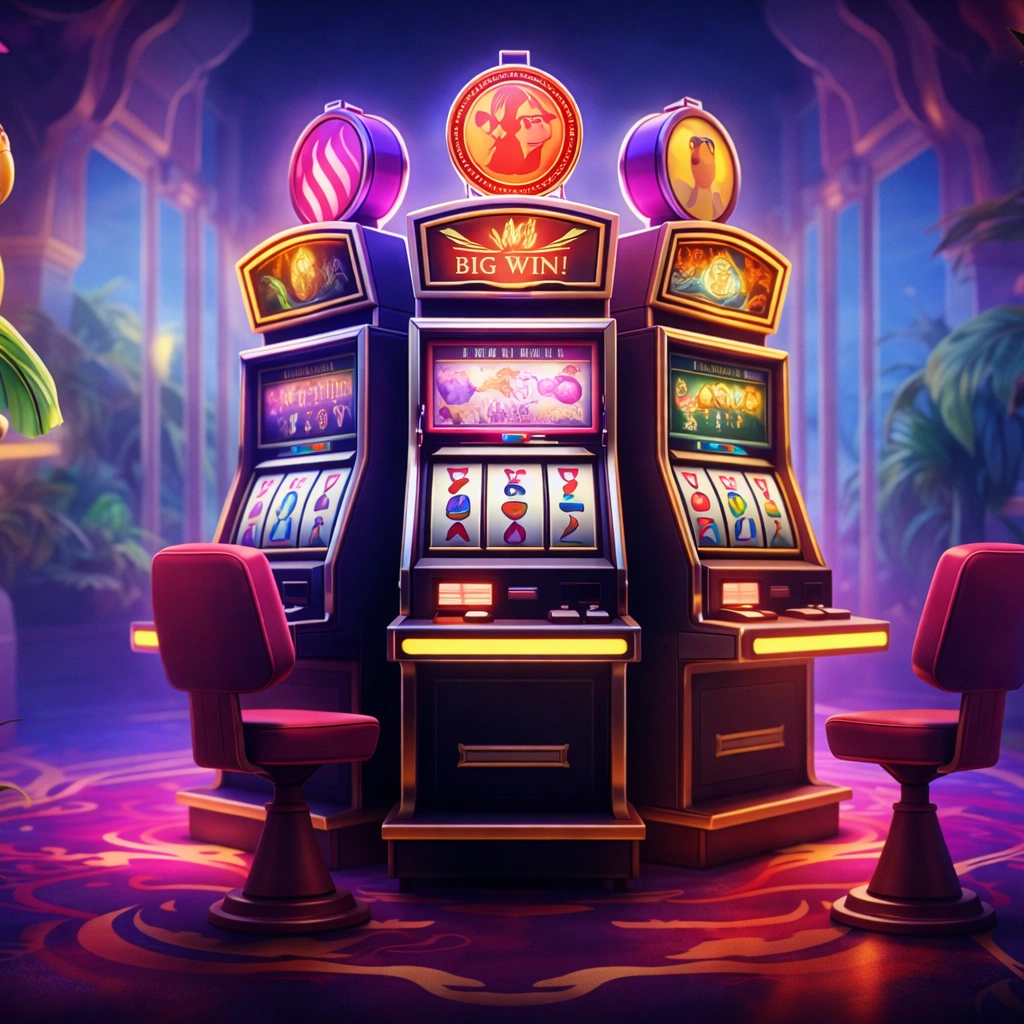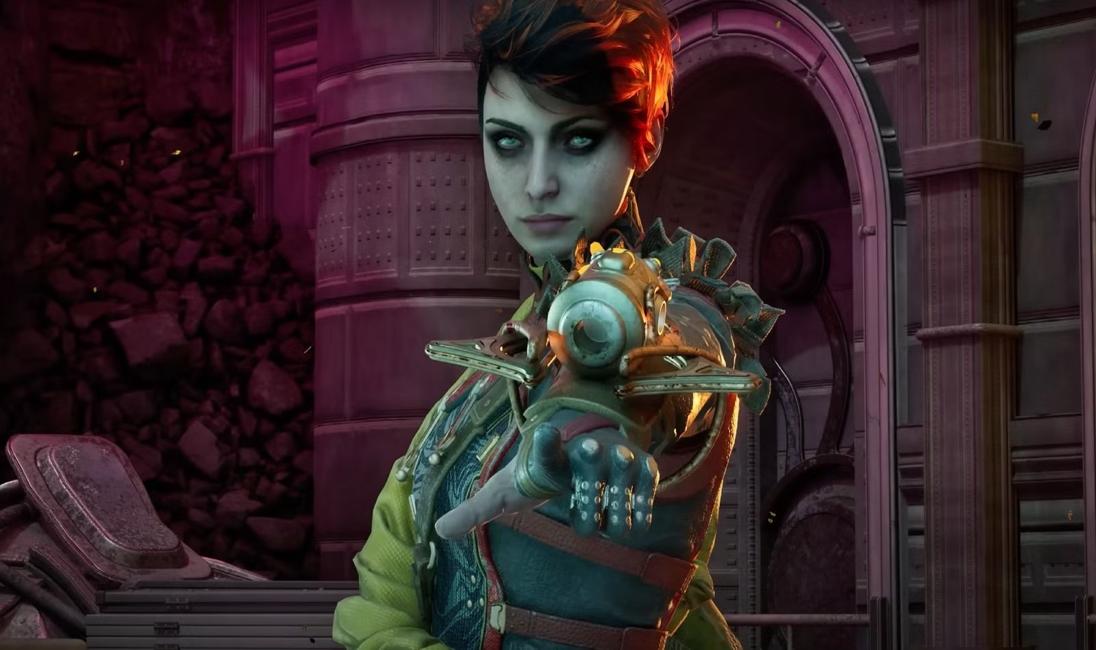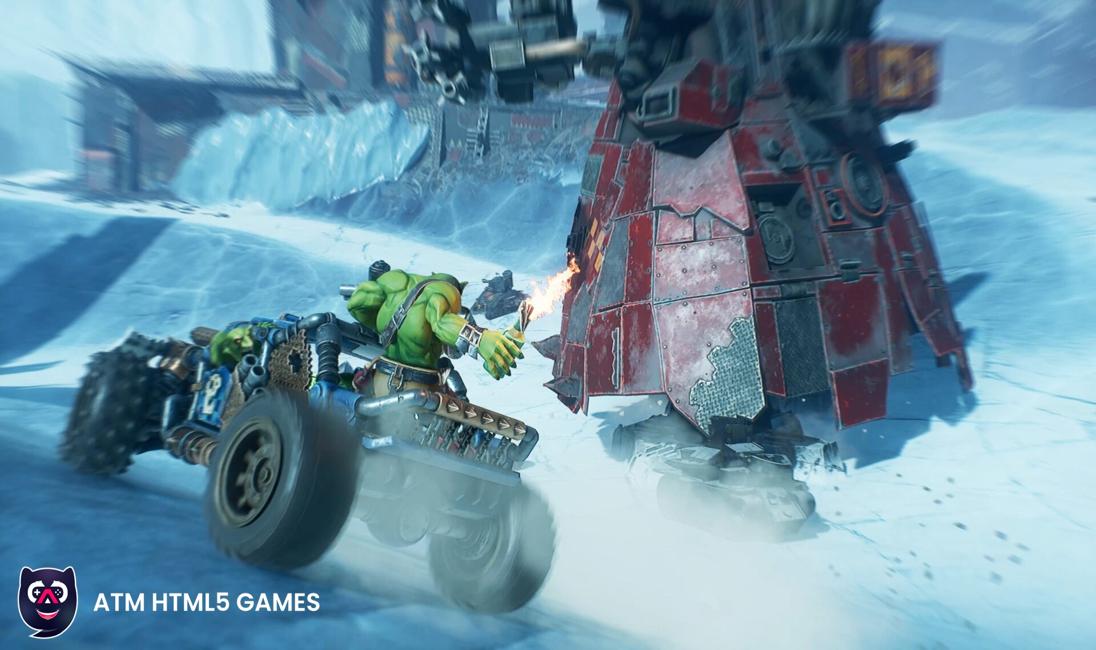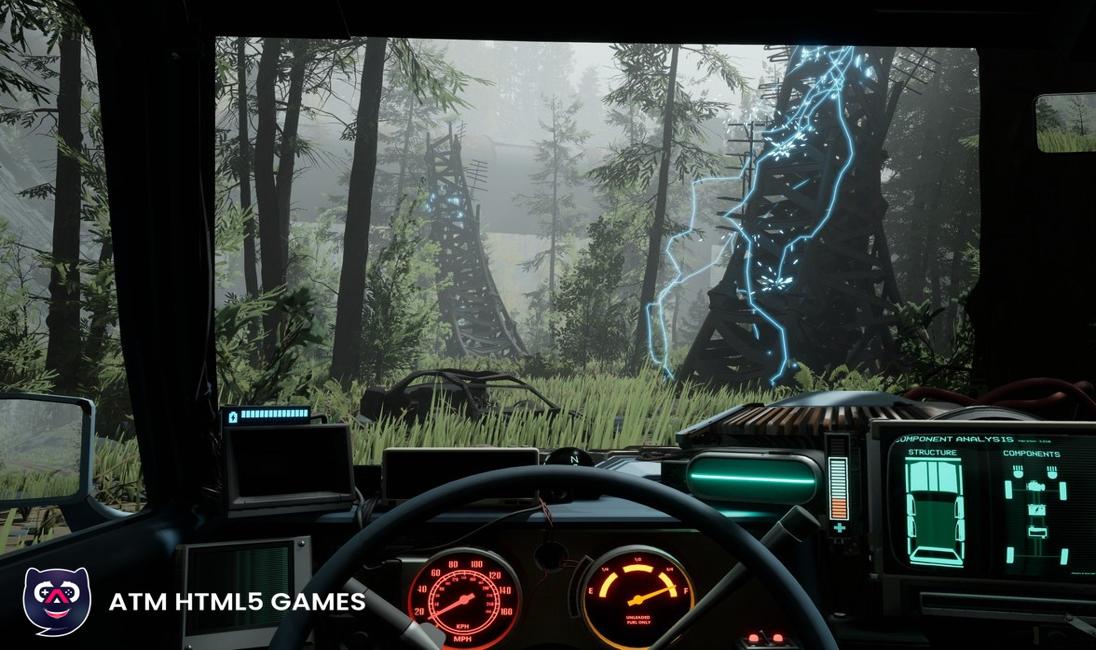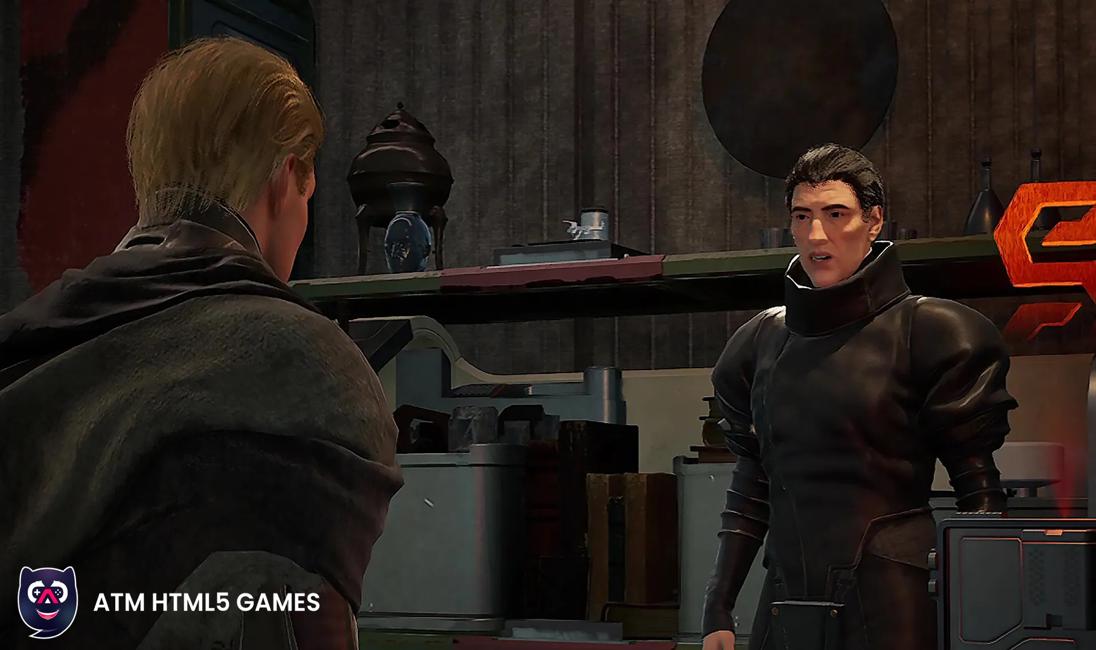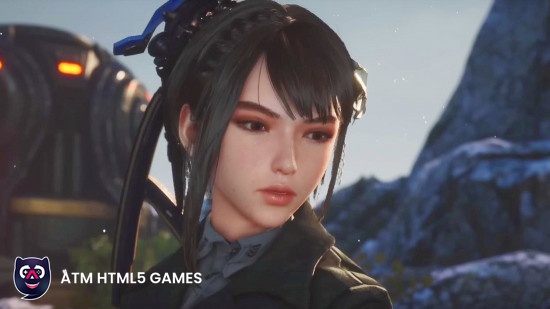Okay, let's get something straight right off the bat: I'm ridiculously excited about Outer Worlds 2. The first game? A masterpiece of darkly comedic, choice-driven RPG goodness. And, while I spent hours meticulously crafting the 'perfect' playthrough, min-maxing my character's stats and making sure everyone liked me, something nagged at me. Something... was missing.
And that something is the delicious, agonizing possibility of my companions actively trying to off me. Seriously.
Think about it. In the first game, sure, they could disapprove of your actions. Maybe even leave the party. But never did they reach their full potential, you know? Never did they, say, sneak into my bunk while I was sleeping and try to smother me with a Spacer's Choice pillow. And I think it would have been the greatest.
Why Allies Trying to Kill You Makes Outer Worlds 2 Better
Here's the thing: moral ambiguity is what makes Outer Worlds sing. It's not about being a shining paragon of virtue or a mustache-twirling villain. It's about making tough choices in a messed-up world, where every option has consequences.
Now, picture this: you're knee-deep in a quest for the Board, doing something objectively awful – like, I don't know, evicting a colony of adorable, sentient potatoes (hypothetically, of course). Your companion, Parvati, who's normally all sunshine and rainbows, starts giving you the side-eye. But it doesn't stop there. Her disapproval simmers, festers, and finally boils over. She decides, in her own sweet, naive way, that the only way to stop you is to… well, you get the idea. Maybe she could set me up on a date with a crazy person.
That's drama. That's character development. That's the kind of emergent storytelling that elevates a game from 'good' to 'unforgettable'.
The Fallout of True Companion Consequences
Of course, there needs to be a system. A delicate dance of trust and betrayal. Maybe a hidden 'loyalty' meter that fluctuates based on your actions. The lower it gets, the more likely your companions are to, let's say, stage an 'accident'. It would add a layer of tension to every decision. Do I really want to side with the Deserters, knowing that Felix, with his unwavering loyalty to the working class, might see me as the enemy? It’s a thought. I might choose to use space travel as a place where people can have a lot of adventures, so I want my character to grow into that.
But here's the rub: the consequences need to be meaningful. A simple 'game over' screen won't cut it. Instead, imagine Parvati succeeding in her mission (or at least, coming very close). You wake up stripped of your gear, stranded in a hostile environment, and with a newfound understanding that your choices have real weight. Now that's a compelling narrative.
And honestly, that's a level of interaction that's missing from so many games. Companions are often just glorified pack mules, spouting the same canned lines over and over. I want them to feel like real people, with their own motivations, flaws, and, yes, homicidal tendencies. I initially thought it would be cool if they just left, but that’s too easy. No, it would be better to make a choice to play the game.
The Potential for Deeper Relationships
Believe it or not, this idea could actually deepen the relationships you have with your companions. Think about it this way: you're forced to be more mindful of their beliefs and values. You can't just steamroll through the game making decisions that benefit you without considering the impact on those around you. That's how real relationships work, isn't it? Compromise, understanding, and the occasional heated argument (hopefully not ending in attempted murder). Speaking of the fallout, let’s consider how great it will be to play this game.
And the payoff for earning their trust? A bond that's stronger than ever. Knowing that you've navigated treacherous moral waters and come out on the other side, with your companions still by your side (and not actively plotting your demise), would be incredibly rewarding. I've got to admit, this part fascinates me. It would show a level of commitment that is not easily gained in other games.
The Humor Factor
Let's not forget the comedic potential! Imagine the dialogue options after barely surviving an assassination attempt by your best friend. The awkward conversations, the thinly veiled threats, the passive-aggressive jabs... it would be gold! It's a chance to inject even more of that signature Outer Worlds humor into the gameplay. It would be so fun.
Think about it this way: in a world as absurd and cynical as Halcyon, the idea of your companions trying to kill you is almost... fitting. It's just another day in the corporate dystopia, where even your friends might have ulterior motives. And that's what makes it so brilliant.
But (yes, there's a but) it has to be done right. It can't feel arbitrary or unfair. The companions' actions need to be logical, consistent with their personalities, and driven by genuine moral conflict. And most importantly, it needs to be funny. Darkly, twistedly funny.
FAQ: Outer Worlds 2 Companion Chaos
Will my companions always try to kill me in Outer Worlds 2?
No, the idea isn't to turn Outer Worlds 2 into some kind of companion-based deathmatch. The goal is to add another layer of depth and consequence to your choices. Whether or not your companions turn on you should depend entirely on your actions and how they align with their personal beliefs. Think of it as a potential outcome, not a guaranteed one. That tension, the uncertainty, is what makes it so exciting! I keep coming back to this point because it's crucial: your relationships should feel earned, not forced.
How will I know if my Outer Worlds 2 companions are secretly plotting against me?
That's part of the fun, isn't it? There should be subtle clues: changes in dialogue, increased disapproval, maybe even the occasional 'accidental' friendly fire incident. The key is to pay attention to your companions' behavior and try to understand their motivations. A little paranoia never hurt anyone in Halcyon, right?
What if I accidentally make a choice that offends my favorite companion?
That's the risk you take! But don't worry, there should be opportunities to redeem yourself. Apologize, explain your reasoning, maybe even offer them a ridiculously overpriced corporate-branded gift. The important thing is to show them that you value their opinion and that you're willing to compromise (or at least pretend to).
Is it possible to have a perfectly harmonious playthrough of Outer Worlds 2?
Probably. But where's the fun in that? Embracing the chaos, the moral ambiguity, and the potential for betrayal is what makes Outer Worlds so unique. Besides, even in the most idyllic playthrough, there's bound to be some underlying tension, some unspoken resentment. It's just human (or alien) nature.
In conclusion, while I eagerly await more concrete news about Outer Worlds 2, I'll be here, dreaming of a game where my allies don't just disapprove of my choices, but actively try to ensure I don't make any more. And that, my friends, is the kind of game I want to play.
- First important point about the content
- Second point with detailed explanation
- Another noteworthy detail
- Final concluding thought


















